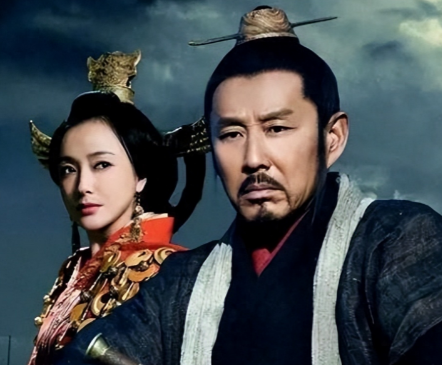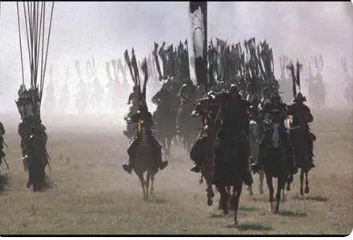In the history of China, the Three Kingdoms period was undoubtedly an era full of wisdom and strategy. The strategists of that era became a topic of much discussion among later generations with their exceptional wisdom and profound strategic vision. A popular nursery rhyme, "One Lu, Two Zhao, Three Zhu, Four Pang, Five Wei, Six Sima," summarizes the ranking of the strategists of the Three Kingdoms period. But is such a ranking accurate? What are the stories and historical truths behind it? This article will take you to explore the answers.

I. The Ranking of Strategists in the Nursery Rhyme
The nursery rhyme "One Lu, Two Zhao, Three Zhu, Four Pang, Five Wei, Six Sima" briefly gives a ranking of strategists, where "One Lu" refers to Chen Gong, the strategist of Lu Bu, "Two Zhao" refers to Zhao Fan, the brother of Zhao Yun, "Three Zhu" naturally refers to Zhu Geliang, and "Four Pang," "Five Wei," and "Six Sima" refer to Pang Tong, Guo Jia of the Wei state, and Sima Yi, respectively.
II. Analysis of the Real Influence of Strategists
Although the nursery rhyme provides a ranking, the actual influence and contributions of each strategist are multifaceted and difficult to quantify simply. For example, although Chen Gong served Lu Bu, his wisdom could not save Lu Bu from defeat; Zhao Fan's historical records are not extensive, and his status as a strategist is more a result of literary processing; Zhu Geliang and Pang Tong were the pillars of the Shu Han dynasty, and their wisdom played a crucial role in the survival of the Shu Han dynasty. As for Guo Jia and Sima Yi, their status and role in the Cao Wei dynasty are self-evident.
III. Historical Evaluation of Strategists
In historical evaluation, Zhu Geliang is respected as the "Wise and Talented Star Lord," and his wisdom and moral character are widely praised by later generations. Although Pang Tong died young, his strategies such as the "Chained Plan" demonstrate his extraordinary talent. Guo Jia is praised as Cao Cao's "ingenious strategist" and played a crucial role in the Battle of Guandu. Sima Yi established the status of the Sima family in the Cao Wei dynasty with his profound strategies and patience.
Conclusion:
The strategists of the Three Kingdoms period became legends of history with their unique wisdom and strategies. Although the nursery rhyme provides a simple ranking method, the contributions and influence of each strategist are complex and multi-dimensional. Their stories and strategies are still studied and discussed today, becoming a bright pearl in the treasure house of Chinese culture. Through deep understanding of these strategists, we can not only appreciate their wisdom but also draw historical experience and lessons.
Disclaimer: The above content is sourced from the internet and the copyright belongs to the original author. If there is any infringement of your original copyright, please inform us and we will delete the relevant content as soon as possible.































